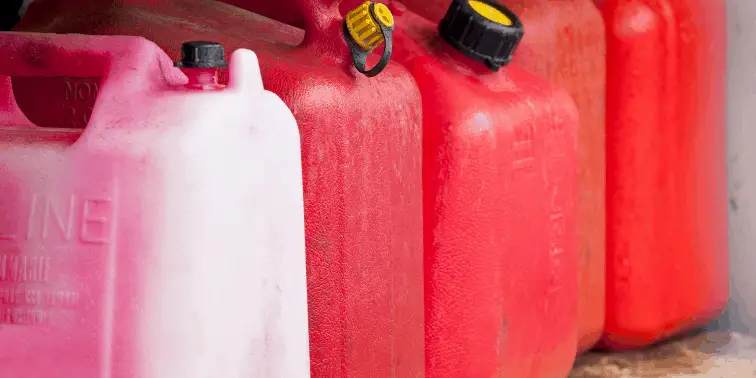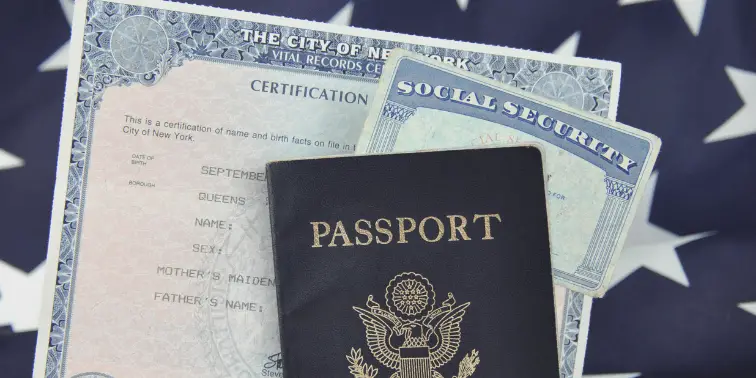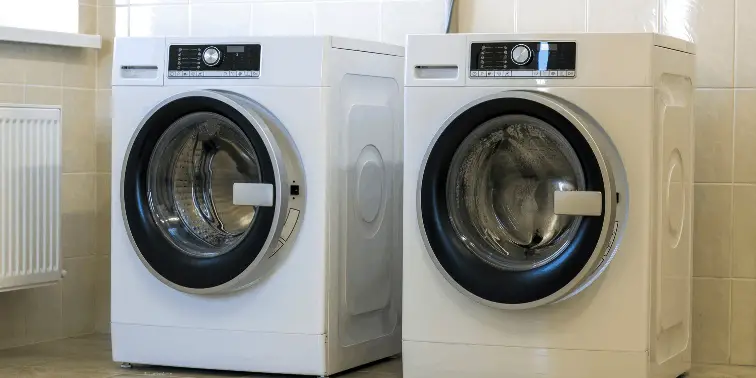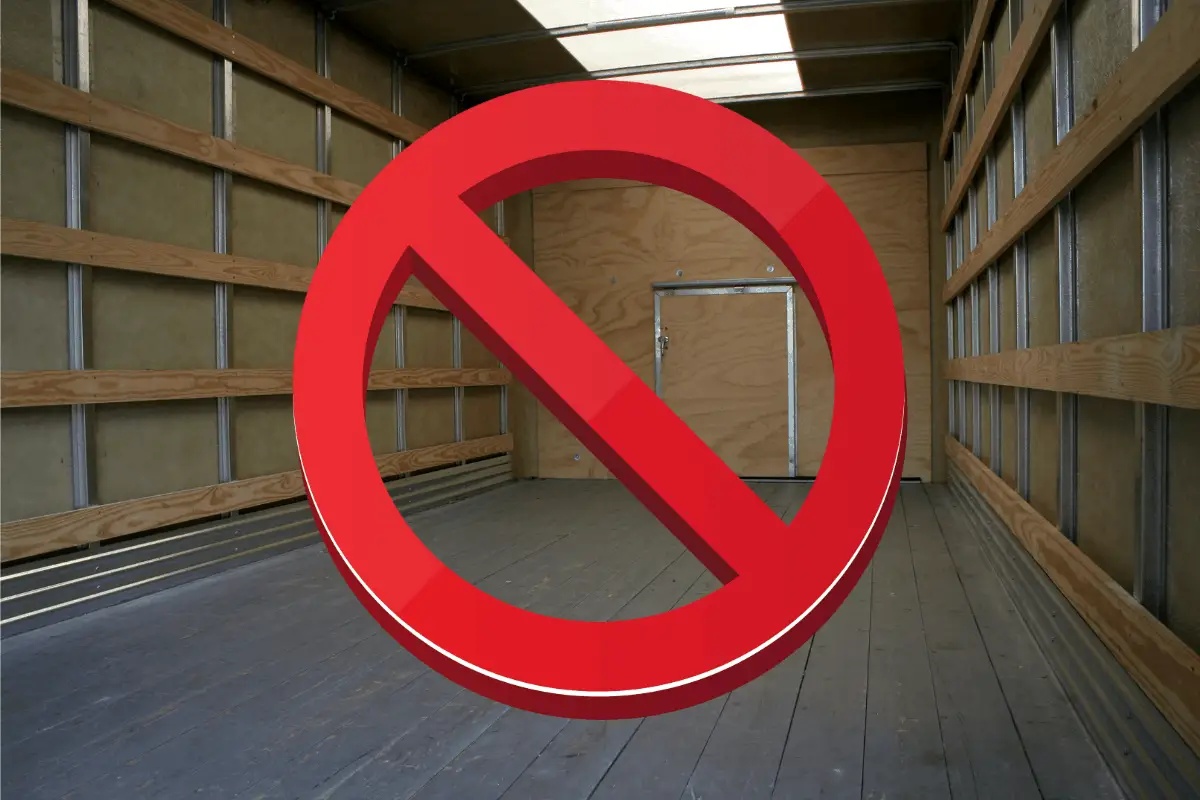Perhaps you have a tiny car or no car at all. If so, you might be asking yourself, “What’s a moving truck good for if there’s stuff you shouldn’t put in it? “Isn’t that why they’re so big?” “Isn’t that why I’m paying for it?”
Well, yes and no…
Moving companies can’t afford to be all things to all customers. The best they can do is compensate you financially if something is missing or damaged upon arrival. So it’s generally all right to load things on the truck that you can replace. But don’t include anything you can’t replace. And nothing illegal or that is likely to be harmed by the conditions in the truck.
We’ll look at the somewhat broad array of things you shouldn’t put in a moving truck, whether it’s one of the big commercial moving entities or a rental company with you or someone you know driving.
Then, for each category of “no” items, we’ll explain why it’s best to come up with alternative ways of getting these things to your destination—when it’s even possible.
Table of Contents
Flammable, Volatile, Toxic, and Lethal
Commonly banned materials? That’s right, almost universally across the moving industry, there are several things you simply won’t be permitted to load on the truck. This list includes DIY rental companies like U-Haul.

Here’s a list of what’s commonly banned:
| Common Banned Items to Pack in Moving Truck | ||
| Acids | Fire extinguisher | Nail polish remover |
| Aerosols | Fireworks | Paint thinner |
| Ammonia | Gasoline | Paints |
| Ammunition | Household batteries | Pesticides |
| Car batteries | Kerosene | Poisons |
| Charcoal | Lamp oil | Pool chemicals |
| Charcoal lighter fluid | Liquid bleach | Propane tanks |
| Chemistry sets | Loaded guns | Reloading supplies |
| Cleaning solvents | Matches | SCUBA tanks |
| Darkroom chemicals | Motor oil | Sterno |
| Fertilizer | Nail polish | Weed killer |
Take your nail polish and remover in the car if you need it, and maybe the matches. There’s not much else listed that you would want in your car, especially in hot weather. So before leaving, feel free to give any of this to those who need it.
Otherwise, plan to take it to a toxics collection site when there’s one near you.
Food and Other Perishables
Few, if any, moving companies will permit you to transport food or other items that are subject to spoilage during transit. The reason is apparent enough: it will attract insects, rodents, and possibly other creatures. And it will make the truck smell horrible!
Besides, the spoiled items would be useless to you, no matter what. Of course, foods in cans or jars are usually fine, provided they are boxed in something spill-proof, like a plastic bin.
Most moving companies will refuse food and other perishables, including refrigerated or frozen food, produce, any food in an opened package, and even house and garden plants.
So, go ahead and give that ficus tree to that neighbor who has always had their eye on it.
Official Paperwork and Records
It’s always wise to keep copies of your personal and family records—birth certificates, passports, educational records, and so on—just in case. Still, it’s far more important that you know where the originals are at all times and have ready access to them.
When your worldly possessions are in transit, these records should be with you, wherever that may be.

What would happen if you needed to sign a rental agreement or close on a house, and critical paperwork was in a moving truck that had been delayed somewhere? Perhaps due to an accident? The sofa and dining table can wait, not the place you will call home.
What documents should you have with you in your car or other mode of personal transit?
- Birth certificates
- Passports
- Bank records
- Tax documents
- Insurance information
- Medical records (including vaccinations)
- Educational records
- Car titles
- Veterinary records (for those with pets)
- And any other paperwork pertaining to your circumstances
If possible, also have a laptop computer (or at least a smartphone) with you to access your digitized records. When traveling to and arriving at a place where few if any people know you, be prepared to prove your identity and financial solvency, and have a backup plan.
Valuable and Irreplaceable Possessions
Many of us sold our grandmothers’ not-so-hip antique jewelry or lavish silverware collections to get through college or support ourselves during lean periods.
But there are still items—some valuable, most not—that we’ve kept and cherished. The memories they evoke alone make these pieces impossible to replace. And we would be heartbroken to lose them during a move.
Other possessions, like old photo albums with faded colors and crackling pages, would be another devastating loss. And what about ephemera like the program from your parents’ wedding or your kids’ report cards? Can you accommodate these in your vehicle or ship them First Class? Who knows what would happen to them in a moving truck?
Consider this: even though nothing digital could ever fully replace these stored items, doing so would preserve them, at least for the rest of your life. And keeping them on the cloud would allow you to save as much as you would like, provided you have the time to scan everything.
Large Appliances

This time, it’s a question of “can you?” vs. “should you?” Yes, the movers who load your stuff onto the truck can disconnect your larger appliances. But do they fully understand what all needs to be done to prep them correctly for the road trip? For example, do they know how to disconnect and secure all parts of a clothes washer?
And what about the stoves, clothes dryers, and other appliances that run on natural gas?
Disconnecting (and reconnecting) them has to be done by a gas plumber or similarly licensed technician. Powered by electricity, the refrigerator only needs to be emptied of its content, and the freezer thawed out (if needed). The movers then face the task of getting it on the truck!
Remember that professional movers charge primarily by load weight. And appliances add a lot of it. If your appliances are only a few years old, moving them might be worth the extra cost, provided you hire professionals to prepare them.
Otherwise, why not sell these machines, offer them to a local charity, or consider them a welcome gift for your old home’s new owners?
Pets??
Would you believe that people often ask professional movers to transport their pets? The answer is, as expected, nearly always an unqualified “no.” If you can’t transport your pet(s) in your own vehicle for some reason, seek the help of a professional pet transport or relocation service. An online search should turn up several of these businesses. Be sure to book ahead!
Immediate Needs
Last but certainly not least are the things you will need until you reach your destination and have received all your furnishings and other belongings. Depending on the duration of your move, you should pack for a few days to a couple of weeks.
And be aware that many people expecting to move into a new house have learned upon arrival that their closing has been delayed. So you might need to find temporary digs—preferably someplace with laundry facilities.
Immediate needs include things like:
- Clothing and outerwear
- Essential medications
- Toiletries
- Lunch food, drinks, and snacks for the car
- Dishes and utensils, wet paper towels or wipes for cleanup
- Laptop computer and/or smartphone, with chargers and spare batteries
- A folder containing essential documents
- Pet food and supplies (if applicable)
- Baby supplies (if applicable)
Add to the list whatever else your and your family’s needs require.
Essentials Should Travel With You
But what does “essential” mean?
So, let’s get this right: things you don’t put on a moving truck, even if you’re renting it for yourself, include toxic and hazardous materials since it really isn’t safe to take most of these anywhere in a personal vehicle. And professional movers normally don’t accept pets or personal documents or even things that appear to be heirlooms or have sentimental value.
Another category includes those items you shouldn’t load onto a moving truck, like large appliances, for judgment reasons. Still, there’s a point at which personal judgment can deter you from putting any possessions at all on a moving truck.
Even with a rental truck, you’ll have limited access to the contents until arriving at your daily destinations.
When it comes down to it, we will miss anything familiar that reminds us of the comforts of home while moving. It can be a lonely, unanchored-feeling experience.
The idea of a new home in a new place might seem enticing at first, but you’ll only start to settle into the new place when you see that old wooden spoon or battered chair that genuinely makes it your home.

